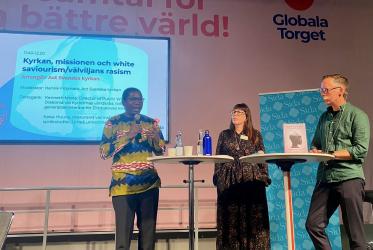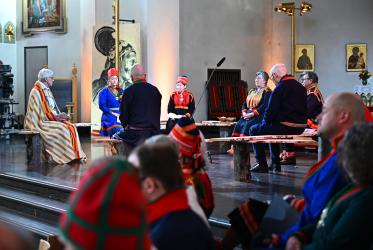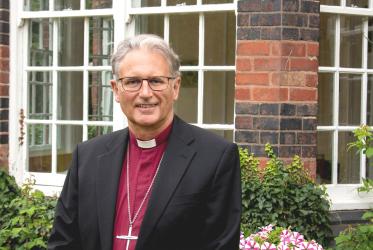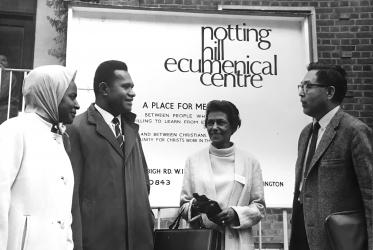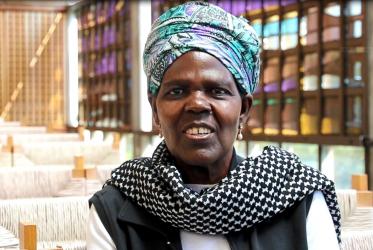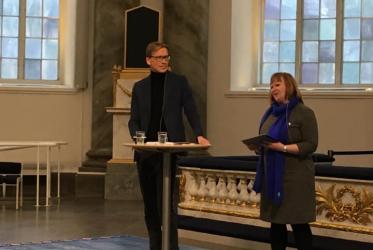Displaying 1 - 20 of 95
Church of Sweden apologizes to Sámi people, this time in Sápmi
27 October 2022
Church of Sweden publicly apologises for abuse of Sámi people
26 November 2021
Scottish and UK religious leaders call for urgent climate action
20 September 2021
“Coventry Cathedral continues to speak a word of hope to the world”
10 December 2020
Churches should use their voice on climate change
26 February 2020
WCC moderator “A call for equality in God’s house”
08 April 2019
WCC celebrates life of Archbishop John Habgood
18 March 2019
Ecumenism is a sense of belonging
08 February 2019
Fr Alexi - a peacemaker in Syria
21 December 2018
#WCC70: Children in the Ecumenical Movement
20 December 2018
